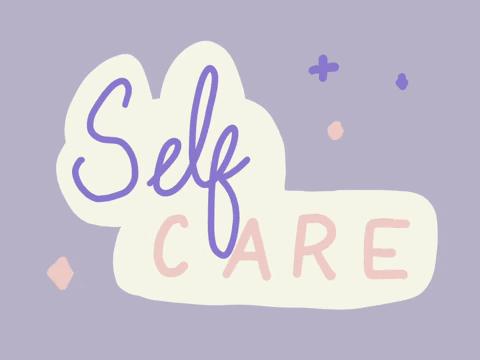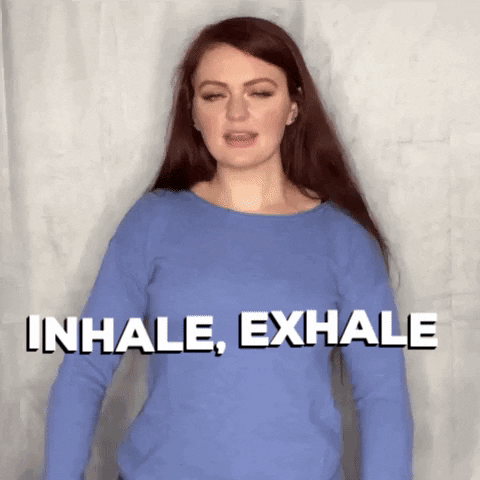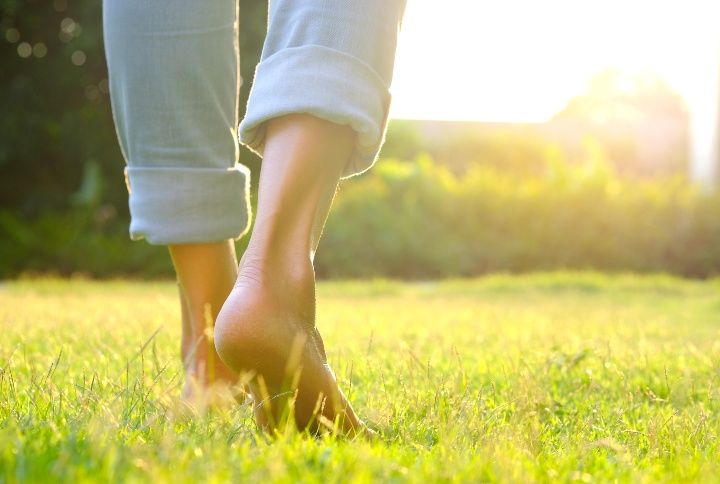Grounding is a practice of self-care to help cope with everyday stressors as well as anxious or overwhelming situations. It can help pull you away from negative or challenging emotions. The idea is to distract yourself from what you’re experiencing and instead focus on coming back to the present moment…instead of ‘where you were’ to ‘where you are now’.
Grounding ourselves can be helpful when we feel either anxiety, PTSD, nervousness, etc. To understand grounding, we reached out to Jenisha Shah, Psychologist & Outreach Associate at MpowerMinds. Jenisha shared her expert inputs on why we need grounding, when we can practice it, and how we can practice it. Scroll down to read all that she had to share!
Why do we need grounding?
Grounding as the name suggests is being connected to the earth (ground). It helps our bodies to be in touch with the earth’s energy to bring ourselves in the now. Our bodies and mind tend to be in flight or fight response when faced by a problem wavering to the past and future, grounding helps send the signal that there isn’t an actual threat in the present. In a study conducted by Zerubavel & Messman-Moore, 2013, it was found that in therapeutic fields grounding techniques are so effective that they can be implemented in situations where people dissociate due to extreme trauma or stress.
It helps us to come back to ourselves and feel safe within ourselves. It reminds us that we are supported.

How does grounding work?
Grounding ranges from any coping activities that help you to anchor your body and emotions by being in the present. There are different ways—physical, mental and sensory—one can opt to ground themselves.
Practising some methods will help you understand what works for you best, as one size fits all is a myth. This can be done no matter what we are doing and where we are by simply grounding ourselves to help us feel supported and “enough”.
When should one practice grounding?
Grounding helps with coping with tough situations by decreasing the intensity of our feelings. Any time in the day is a good time to practice grounding provided it’s consistent. It can be a simple quick practice that can really help the nervous system to rest and relax. Regulating our bodies and emotions periodically helps us feel prepped to tackle challenges that may arise and bring them to the here and now.

What are some ways to practice grounding?
The following techniques can be adapted to practice grounding. See what works for you. When you’re feeling overwhelmed it’s hard to remember that there are things that help, so trying them beforehand would be useful.
- Walk barefoot. This awakens our senses and helps us savour the body-earth connection be it on the floor or grass.
- Walk on the beach and allowing sand to pass through the feet. Watching and feeling the waves helps us ground as well.
- Sit on the floor and place your hands on the floor. Feel the earth’s energy. Sync your breath with the energy to help the body calm down from the racing thoughts.
- The 5-4-3-2-1 technique which focuses on bring us back to the present by relying on our five senses—vision, sound, touch, smell, and taste.
- Engage yourself with various multi-sensory experiences like squeezing a soft ball, petting your pet, exploring different textures (sticky, rough, smooth), or any objects close by.
- Move on the ground and focus on how it feels to move. Pay attention to how the ground feels when walking, dancing or doing simple workout exercises.
- Scan your body and focus on how it feels from head to toe; notice each part.
- Visualise your happy place by creating a vivid multisensory mental image and visit it whenever you feel distressed.
- Observe art or any artifacts you may have around you and focus on the details and try to remember what stayed with you.
- Think of an image of anything like an object or animal and “draw” it in your mind, or in the air with your finger.

When to seek professional help?
The research on grounding for our health and well-being is relatively new but the practice is timeless. Grounding exercises may work for some people, but authenticated treatments such as medication and therapy may be more effective for mental health conditions in the long term. Therapy cannot be substituted by grounding exercises!
Which grounding techniques do you practice? Please share it with us in the comments below!
Join Girl Tribe By MissMalini on Facebook to be a part of more such conversations!

